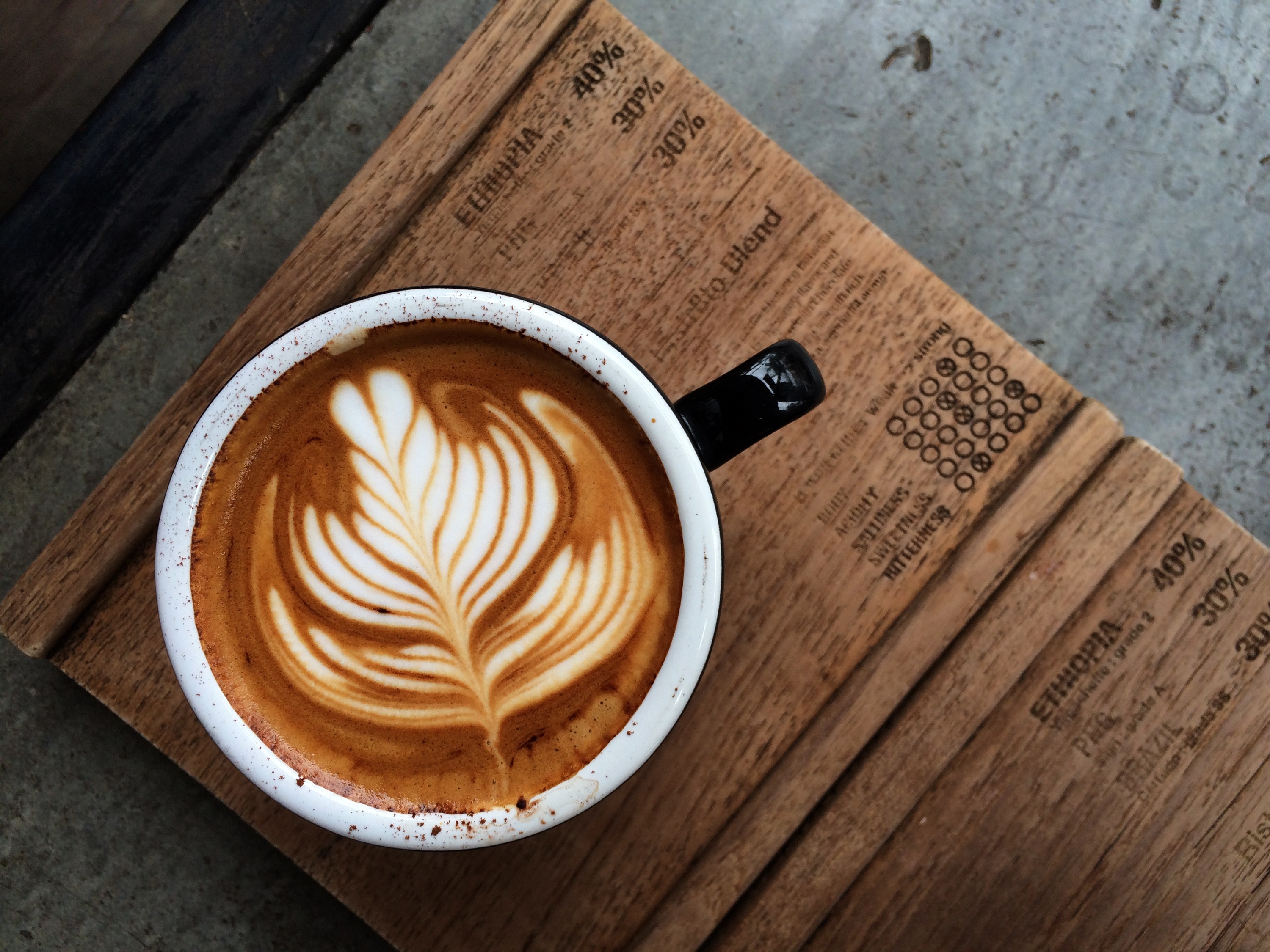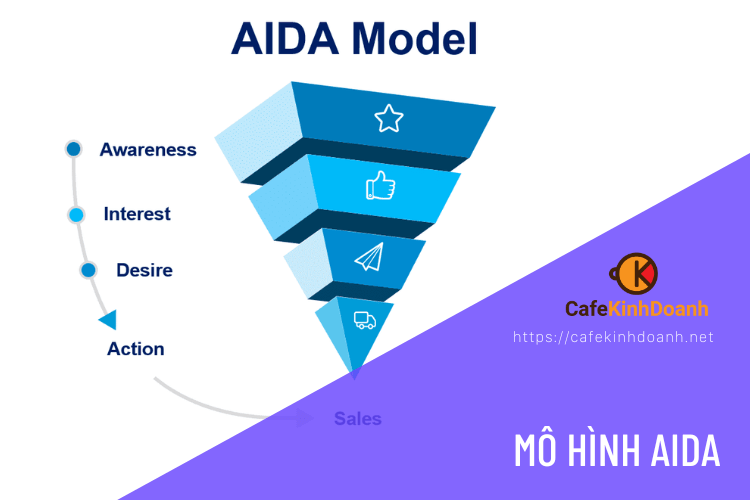The Daily Grind: What Happens to Your Body When You Drink One Cup of Coffee Every Day
Introduction: A Global Ritual and Its Daily Impact
For millions around the world, the day begins with the comforting aroma and energizing kick of a cup of coffee. This beloved beverage has become an integral part of daily routines, a social lubricant, and a perceived necessity for many to function optimally. But what exactly happens to your body when you make this daily ritual a consistent habit? While the effects can vary depending on individual factors, drinking one cup of coffee every day can trigger a cascade of physiological and even psychological changes. This article will explore the potential benefits and drawbacks of this common practice, offering a comprehensive overview of what you might expect when you embrace the daily coffee cup.
1. The Positive Perks: Unlocking the Benefits of Daily Coffee Consumption
For many, the primary motivation for reaching for that morning brew is the promise of increased alertness and focus. However, the benefits of a single cup of coffee extend far beyond just waking you up.
-
Enhanced Alertness and Improved Cognitive Function: The most immediate and noticeable effect of coffee is its ability to combat fatigue and enhance mental acuity. Caffeine, the primary psychoactive compound in coffee, works by blocking adenosine, a neurotransmitter that makes you feel tired. This blockage leads to an increase in other stimulating neurotransmitters like dopamine and norepinephrine, resulting in improved alertness, reaction time, memory, and overall cognitive function. A daily cup can help you feel more focused and productive throughout your morning.
-
Potential Boost in Physical Performance: If you’re someone who enjoys exercising, a cup of coffee before your workout might give you an extra edge. Caffeine can increase adrenaline levels, preparing your body for physical exertion. It can also help to reduce perceived effort, making your workout feel less strenuous. This can lead to improved endurance and performance, whether you’re hitting the gym, going for a run, or engaging in other physical activities.
-
A Rich Source of Antioxidants: Coffee beans are packed with antioxidants, compounds that help protect your cells from damage caused by free radicals. These antioxidants, such as chlorogenic acids, can contribute to overall health and may play a role in reducing the risk of chronic diseases. A daily cup of coffee can be a significant source of these beneficial compounds in your diet.

-
May Lower the Risk of Certain Diseases: Numerous studies have linked regular coffee consumption to a reduced risk of developing certain chronic diseases. For instance, moderate daily coffee intake has been associated with a lower risk of type 2 diabetes, possibly due to its effects on insulin sensitivity and glucose metabolism. Research also suggests a potential link between coffee consumption and a reduced risk of neurodegenerative diseases like Parkinson’s and Alzheimer’s, although more research is ongoing. Additionally, some studies indicate a possible protective effect against liver disease and certain types of cancer.
-
Potential Mood Enhancement and Reduced Risk of Depression: The release of dopamine triggered by caffeine can also have a positive impact on your mood. Many people report feeling happier and more optimistic after drinking a cup of coffee. Some studies have even suggested a link between regular coffee consumption and a lower risk of depression, although this is a complex area with ongoing research.
2. The Potential Slideshow: Considering the Other Side of the Coin

Related articles 01:
1. https://cafekinhdoanh.net/cafe-de-flore-the-quintessential-parisian-cafe-of-luxury-and-legend
2. https://cafekinhdoanh.net/truong-dai-hoc-kinh-te-da-nang-hoc-phi
3. https://cafekinhdoanh.net/gia-vang-giao-thuy-hom-nay
4. https://cafekinhdoanh.net/cafe-de-lambre-tokyos-timeless-temple-of-coffee-perfection
While a daily cup of coffee can offer several benefits, it’s also important to be aware of potential drawbacks, even with moderate consumption.
-
Sleep Disruption: One of the most common downsides of caffeine is its potential to interfere with sleep. Caffeine has a relatively long half-life, meaning it can stay in your system for several hours. Consuming coffee too late in the day can make it harder to fall asleep and may reduce the quality of your sleep, leading to daytime fatigue and other health issues over time.
-
Potential for Anxiety and Jitters: Caffeine is a stimulant, and for some individuals, even a single cup can trigger feelings of anxiety, nervousness, and restlessness. This is particularly true for those who are already prone to anxiety or who are sensitive to the effects of caffeine. Jitters, a shaky or trembling sensation, can also occur, especially if the coffee is strong or consumed quickly.
-
Digestive Issues: Coffee can stimulate the production of stomach acid, which can be problematic for individuals with pre-existing digestive issues like acid reflux or irritable bowel syndrome (IBS). It can also have a laxative effect on some people, which may be undesirable depending on the situation.
-
Dependence and Withdrawal Symptoms: Regular consumption of caffeine can lead to a mild form of dependence. If you suddenly stop drinking coffee, even just one cup a day, you might experience withdrawal symptoms such as headaches, fatigue, irritability, and difficulty concentrating. These symptoms are usually mild and temporary but can still be disruptive.
-
Minor Impact on Nutrient Absorption: Some studies suggest that coffee might slightly interfere with the absorption of certain nutrients, such as iron. However, this effect is generally considered minor and is unlikely to be a significant concern for most healthy individuals consuming only one cup of coffee daily.
3. Individual Variability: Factors Influencing the Effects of Your Daily Brew
It’s crucial to remember that the effects of drinking one cup of coffee daily can vary significantly from person to person. Several factors play a role in how your body responds to caffeine.
-
Genetics and Metabolism: Individuals metabolize caffeine at different rates due to genetic variations in the enzymes responsible for breaking it down in the liver. Fast metabolizers may experience the effects of caffeine more quickly and for a shorter duration, while slow metabolizers may feel the effects for longer and be more susceptible to side effects.
-
Tolerance Levels: With regular coffee consumption, your body can develop a tolerance to caffeine. This means that the same amount of coffee may have a less pronounced effect over time. However, even with tolerance, some of the underlying physiological effects may still occur.
-
Overall Health and Pre-existing Conditions: Certain health conditions, such as anxiety disorders, heart problems, or sleep disorders, can be exacerbated by caffeine. It’s important to consider your overall health status and any pre-existing conditions when evaluating the impact of daily coffee consumption.
-
Time of Consumption: As mentioned earlier, the timing of your daily cup of coffee can significantly impact its effects, particularly on sleep. Drinking coffee earlier in the day is generally recommended to minimize the risk of sleep disruption.
4. The Sweet Spot: Finding the Right Balance for Your Daily Coffee Habit

Related articles 02:
1. https://cafekinhdoanh.net/top-10-quan-cafe-xanh-dep-nhat-ha-noi-goc-thu-gian-giua-long-pho-thi
2. https://cafekinhdoanh.net/truong-dai-hoc-kinh-te-da-nang-hoc-phi
3. https://cafekinhdoanh.net/doanh-thu-la-gi
4. https://cafekinhdoanh.net/the-unseen-ingredient-the-crucial-role-and-selection-of-music-in-cafes
For most healthy adults, moderate coffee consumption, including one cup per day, is generally considered safe and can even be beneficial. The key is to find the right balance that works for your individual needs and sensitivities.
-
Timing Your Cup Wisely: To minimize the impact on sleep, aim to enjoy your daily cup of coffee earlier in the day, ideally before noon.
-
Listen to Your Body’s Signals: Pay attention to how your body responds to coffee. If you experience negative side effects like anxiety, jitters, or sleep problems, you might need to adjust your consumption or consider decaf options.
-
Consider Decaffeinated Coffee: If you enjoy the taste and ritual of drinking coffee but are sensitive to caffeine, decaffeinated coffee can be a great alternative, offering many of the same antioxidants without the stimulating effects.
-
Be Mindful of Additives: The health impact of your daily coffee can also depend on what you add to it. Excessive amounts of sugar, cream, or flavored syrups can negate some of the potential health benefits and contribute to weight gain and other health issues. Opt for healthier additions or enjoy your coffee black.
5. Beyond the Caffeine: Exploring Other Beneficial Compounds in Coffee
While caffeine is the most well-known component of coffee, it’s not the only one that contributes to its effects. Coffee beans contain a complex mixture of compounds, some of which have their own potential health benefits.
-
Chlorogenic Acids: These are a major group of phenolic compounds found in coffee. They are potent antioxidants and have been linked to potential benefits in regulating blood sugar levels and improving cardiovascular health.
-
Other Polyphenols: Coffee contains various other types of polyphenols, which are plant-based compounds with antioxidant and anti-inflammatory properties. These compounds can contribute to the overall health benefits associated with coffee consumption.
Conclusion: A Daily Ritual with Nuance and Personal Impact
Drinking one cup of coffee every day can have a range of effects on your body, both positive and negative. For many, it can provide a welcome boost in alertness, enhance physical performance, and contribute to overall health through its rich antioxidant content and potential disease-fighting properties. However, it’s crucial to be mindful of potential downsides like sleep disruption, anxiety, and dependence. Ultimately, the impact of a daily cup of coffee is highly individual and depends on factors like genetics, tolerance, and overall health. By paying attention to your body’s response and consuming coffee in moderation and at the right time, you can likely enjoy the benefits of this popular beverage as a part of a healthy and balanced lifestyle.











